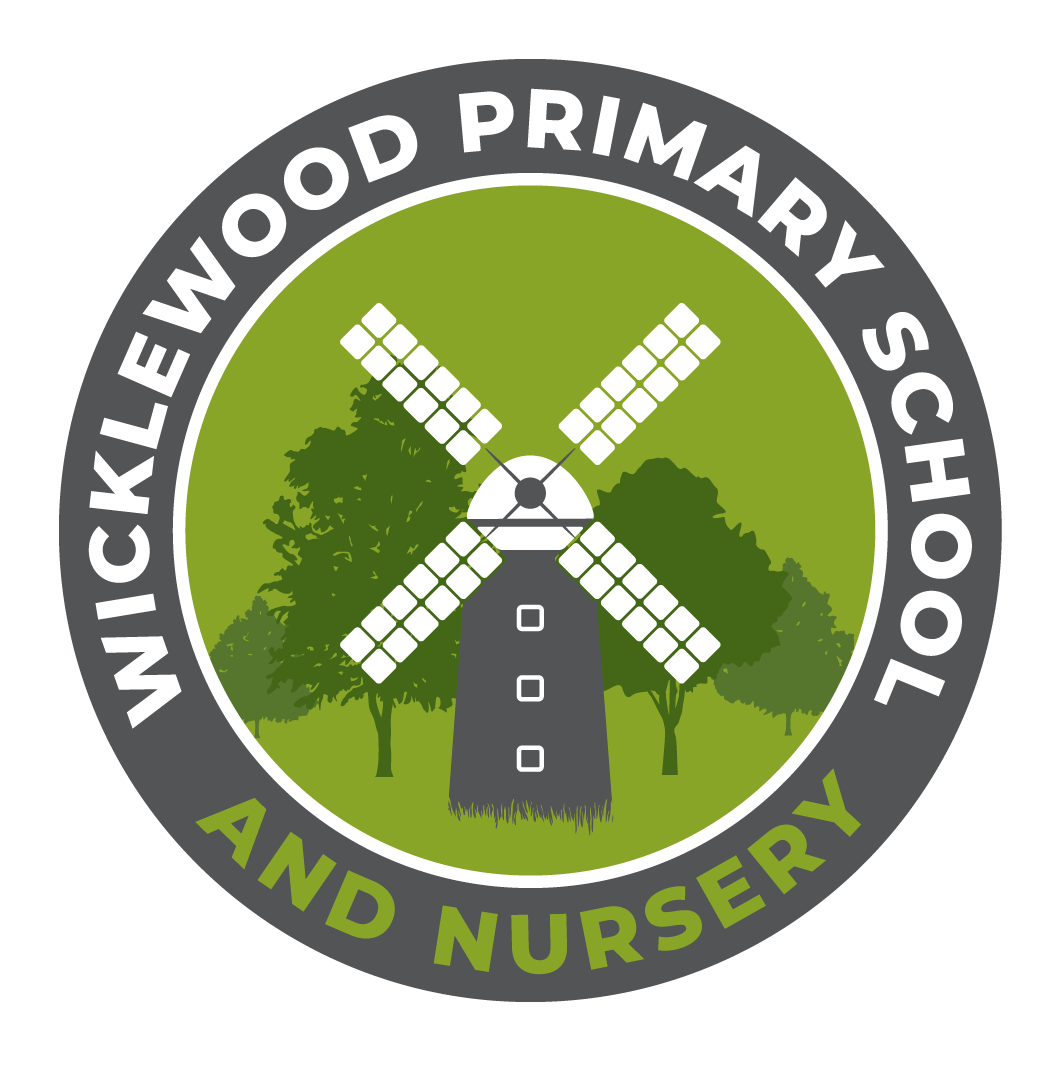Geography
At Wicklewood Primary School, our geography curriculum aims to ensure that all pupils:
- are inspired to become global citizens by exploring their own place in the world
- understand their values, respect other people's values, cultures, traditions and countries
- have an understanding of local, regional and global environments
- ace active participants in ensuring the sustainability of the planet
At Wicklewood Primary School we believe that geography helps to inspire global citizens by exploring their own place in the world. It helps to provoke and provide answers to questions about the natural and human aspects of the world.
Geography at Wicklewood is investigative which inspires children’s curiosity about their local environment, the world, and its people. Through investigation and explicit teaching, they will gain a greater understanding of the importance of the world around them and become active participants in ensuring the sustainability of the planet.
Children are encouraged to develop their values while exploring and respecting other people’s countries, cultures and traditions. The Geography curriculum at Wicklewood enables children to develop knowledge and skills that are progressive as well as transferable to other curriculum areas; which are used to promote their spiritual, moral, social and cultural growth.
At Wicklewood Primary School, our geography curriculum aims to ensure that all pupils will be taught:
- via a thematic based approach i.e. Vikings
- key vocabulary and use it across the curriculum
- using locational, place, human and physical geography features, geographical skills and fieldwork
- by utilising the school grounds, local and regional areas
In every year group, the curriculum is mapped into themes with learning objectives covering the four curriculum areas (locational knowledge, place knowledge, human and physical geography and geographical skills and fieldwork).
The themes are planned to systematically progress children’s geographical skills and knowledge with an emphasis on technical vocabulary throughout their time at Wicklewood. The themes are chosen with careful consideration given to the variety, location and scale of case studies used. Children start by looking at their local geography and place in the world and progress into looking at situations within the global context. The school has an active eco-council which promote geographical and environmental projects and capture the issues that are most important to their peers.
At Wicklewood Primary School, our geography curriculum aims to ensure that all pupils will be assessed:
- at the beginning of each theme
- through discussions, class work, projects and quizzes
‘Teachers need to know about their pupils' progress and difficulties with learning so that they can adapt their own work to meet pupils' needs’ (Black, W., 2010).
In geography, teachers assess at the beginning of a topic. This allows the teacher to uncover any misconceptions, see the strengths in their class and spot any gaps in knowledge. Once the teacher has analysed the successes, gaps and misconceptions, the teacher adapts their teaching to suit the needs of their class. The teacher assesses children’s current understanding and puts in place what is needed for further learning (Cox, 2011).
During Geography lessons, ideas are discussed, misconceptions corrected and ideas tested. Talk is valued in Geography lessons, whereby the teacher guides children’s understanding and children are encouraged to use talk effectively to guide peer understanding (Mercer et al., 2009).
At the end of the theme, the children are assessed with a low stakes geography quiz. This quiz score, alongside the content of exercise books and contributions to class Geography discussions, informs teacher assessment.
Teachers input half-termly assessment data for their class onto our tracking software, Pupil Asset. Data analysis is undertaken by the geography Lead to spot patterns, trends, and to check we are meeting the needs of our pupils.
